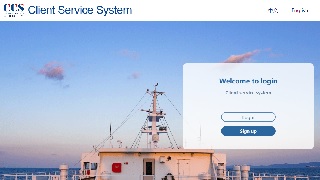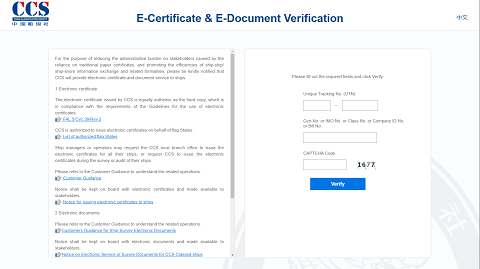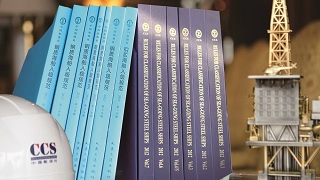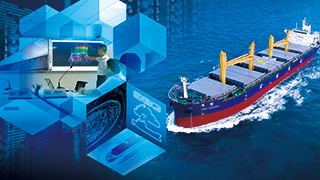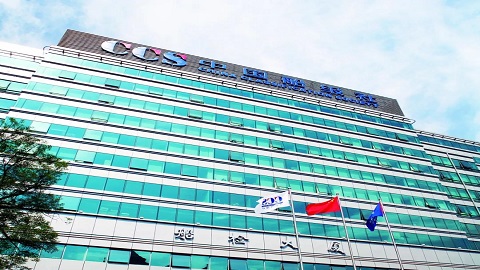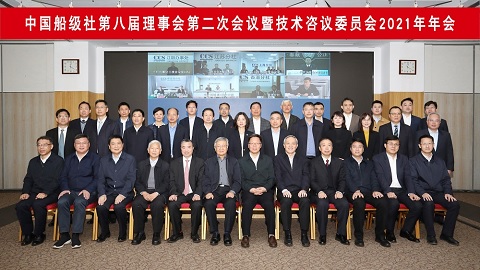x
- Article>
-
Article
Column
-
Online Service
-
Information Center
- Approval of Suppliers
- List of Approved Suppliers
- Contact List of Management of Supplier Approval of CCS
- Software Download
- Service Report of Supplier
- Marine Product Information
- List of Approved Marine Products
- Product Certification Info
- Mutual Recognition Certificate
- Application Forms Download
- CAP
- Approval/Inspection of Marine Product
- Application For Offshore Installations
- Approval Application by Service Supplier
- Plan
- New Building Application
- Application for company or ship audit
- ERS
- Application For Classification
- Application For Surveys And Issue Of Certificates Of Ship In Service
-
Technical Service
- News
- About CCS

